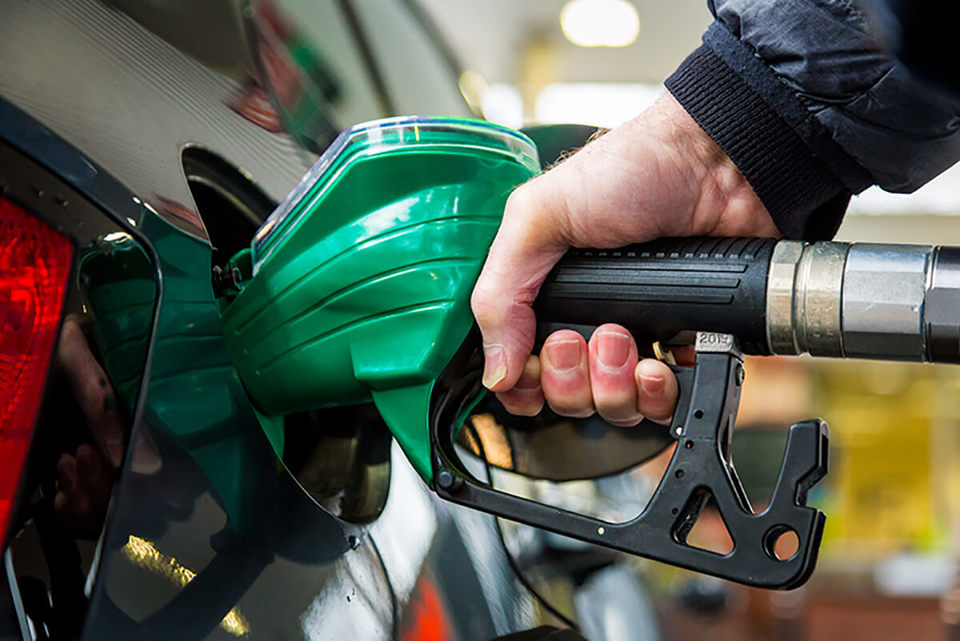A decision by the US to pull out of the Iran nuclear agreement could see pump prices rise by 2p per litre in the next fortnight, says the RAC.
The warning comes after company car drivers and fleet decision-makers, suffered the biggest increase in petrol and diesel prices in April since December 2016, with both fuels up nearly 3p a litre.
Data showed that the average price of a litre of unleaded went up 2.74p from 120.46p to 123.20. Diesel rose 2.94p a litre from 123.08p to 126.02p, thanks to a 12% surge in the price of oil from $67 a barrel to $75, according to RAC Fuel Watch.
Now, fleets face a further potential price hike after the United States' decision to pull out of the Iran nuclear agreement, says RAC fuel spokesman, Simon Williams.
He said: "The price of oil has already jumped to $77 a barrel on the back of this news.
“The last time oil was this expensive was in November 2014 when prices were falling due to OPEC's decision to oversupply the market.
“Unfortunately, the situation now is very different as supply is being curbed and the pound is far weaker ($1.35 v $1.57) which makes fuel more expensive as, like oil, it's traded in dollars. This is potentially a toxic combination for motorists as it will inevitably lead to price rises on the forecourt.”
If another couple of pence a litre goes on as a result of the higher oil price and the fact the pound is at a four-month low could take the average cost of a litre of unleaded to 126.5p - a price last seen in October 2014 - which would make filling up a 55-litre family car cost nearly £70.
Some oil traders are now speculating on Brent Crude moving upwards not just to $80/barrel or even $100/barrel but to an eye-watering $150/barrel which would break through peak oil last seen in 2008.
At the same time, the Bank of England is suggesting that there are no early plans to increase UK interest rates due to poor economic data, especially from retail and construction both hit hard by wintry conditions from the “Beast from the East”. This has seen GBP fall back against USD which is the global petro-currency.
Brian Madderson, charmain of the Petrol Retailers Association (PRA), said: “The merging of UK fiscal and global oil trading issues has placed great pressure on wholesale costs for retail road fuel as reported by Platts. Average costs have risen by nearly 6.00ppl since Easter and there is no immediate softening in sight.
“Although pump prices have had to rise to reflect such dramatic increases, we are still moving towards 130ppl at the pumps - levels not seen since autumn 2014 and 30% higher than January 2016. This is going to hit motorists hard and add to inflationary pressures across the faltering economy.
“The worst outlook of above $100 oil could send pump prices towards the record levels of 142ppl for petrol and 148ppl for diesel reached in April 2012”.






















Login to comment
Comments
No comments have been made yet.